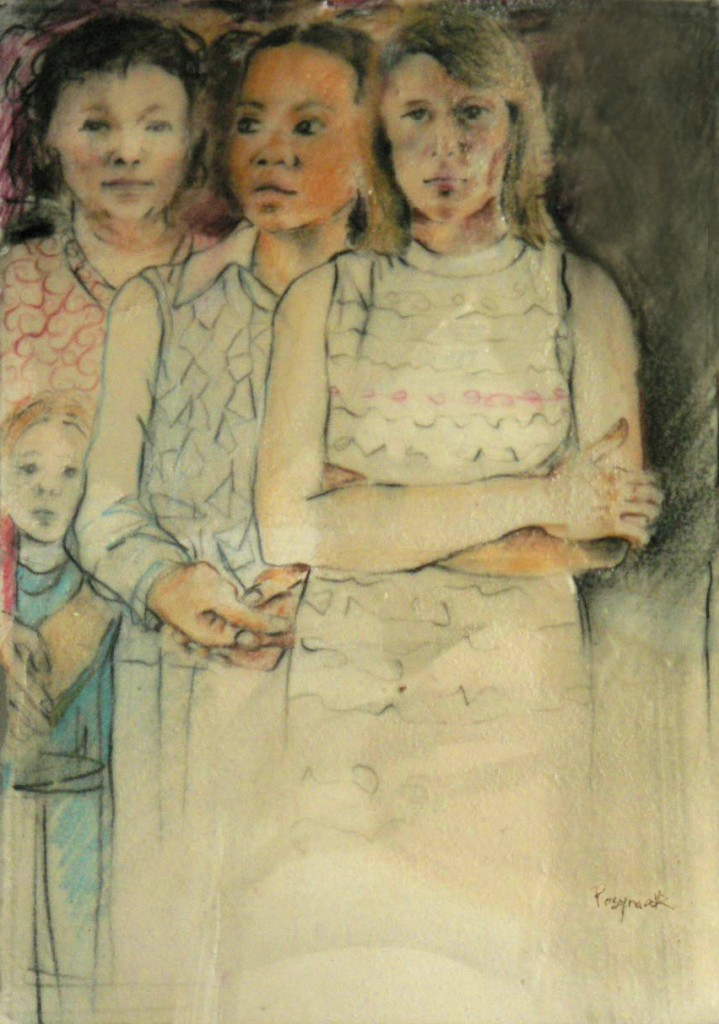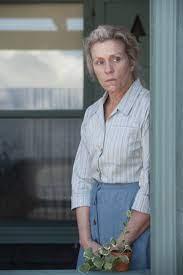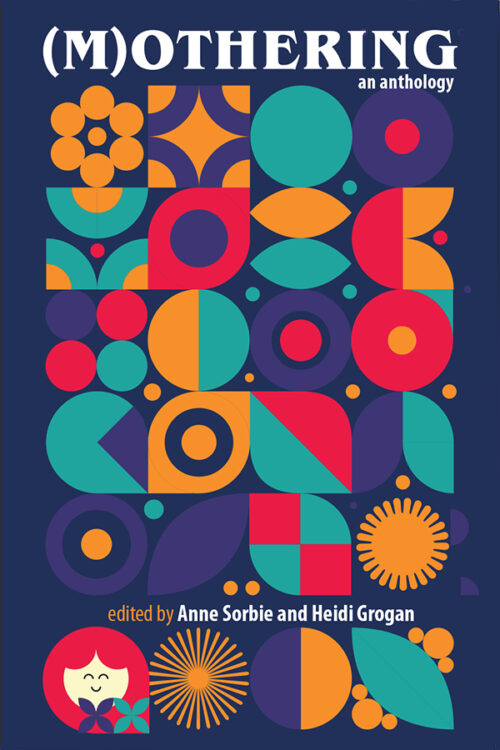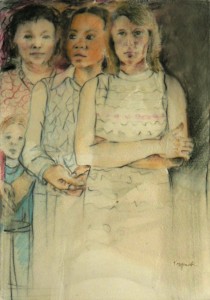As Roe v Wade is overturned in the US, it’s hard not to ponder what this means for reproductive rights in Canada, and of course, for our fellow humans south of the border.

I have a substantive body of work about abortion and frankly, I always hope I will never have to return to it. I want our rights to bodily autonomy to be secure. They never are. Nothing is. There’s always some patriarch, some autocrat, some fascist, ready to upend democracy and any social progress we have made to assert their will. The will to power. So here we go again.
My play, The Abortion Monologues, is out there and I offer it free of royalty payments to reproductive rights organizations and equity seeking groups who want to produce it. Get in touch. (Seriously, get in touch. We’ll still need to do a contract.) My old blog associated with the play is archival now. But it’s still there, and aside from some language that I would now make more trans inclusive, it’s still pretty spot on. You’ll find a lot of info there.
We’re going to have to step up our work again. That is, I am going to have to step up my work again. I hope you will join me. Without doubt, my next offering to the world, Patterson House, is pro-choice. It’s clear what happens to women who don’t control their bodies or their choices.
There are those in Canada who would send us backwards. We are a long way from Pierre Trudeau saying, ”The state has no place in the bedrooms of the nation.” I’m not even sure his son Justin would make such a bold statement. And that new Pierre is a threat to all of us.
Feminism is a theory. Feminism is an ideal. But feminism is also an action. It’s time to take action. As my friend Marnie reminds me, we can’t just hope for the best. Quoting David Orr, she says, ”Hope is a verb with its shirtsleeves rolled up.” So take action. Roll your sleeves up. We need you.




